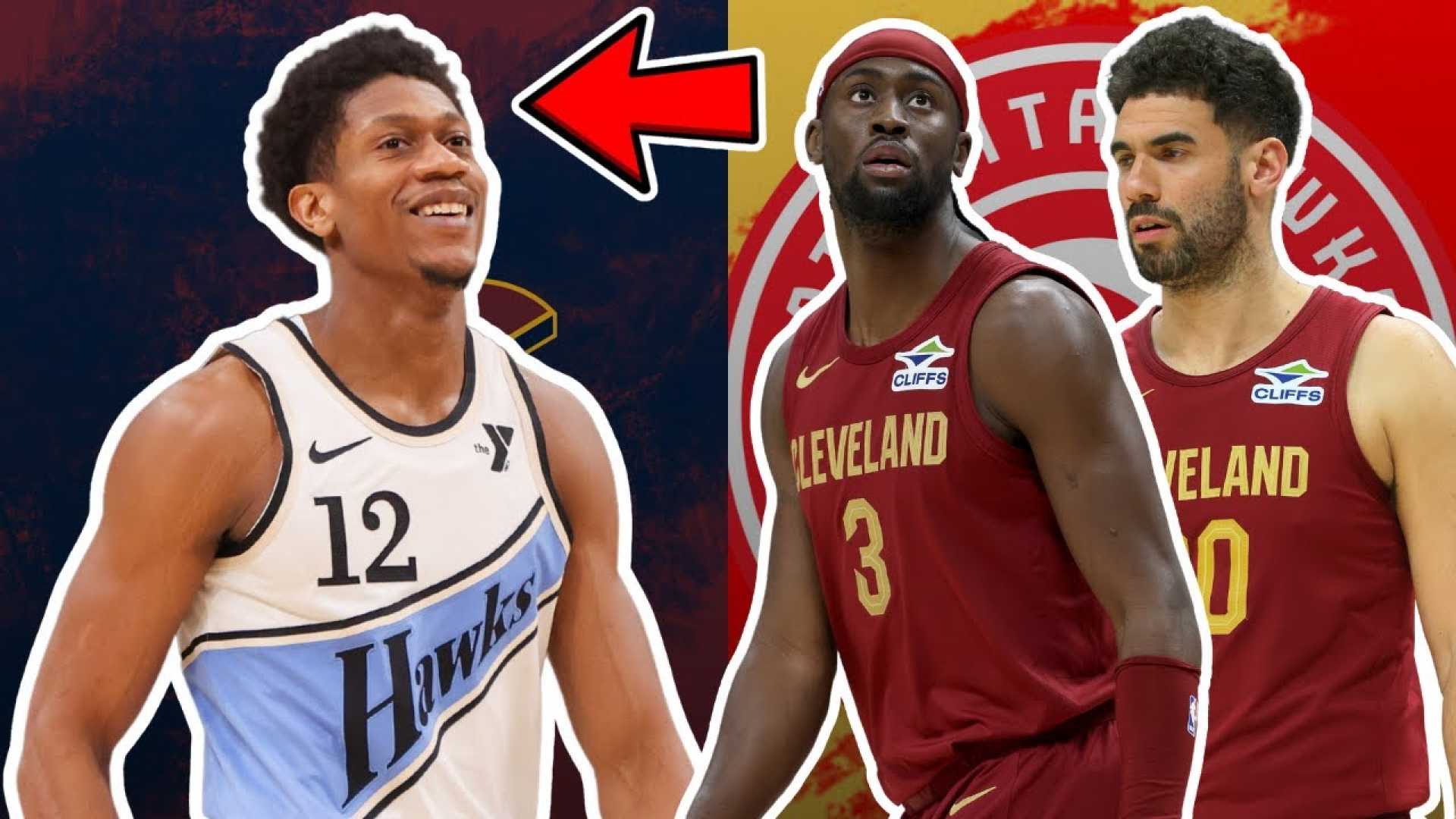Sports
Hawks Trade Hunter to Cavaliers in Busy Deadline Deal

ATLANTA, Ga. — The Atlanta Hawks made a significant move leading up to the NBA trade deadline, sending De'Andre Hunter to the Cleveland Cavaliers in exchange for Caris LeVert, Georges Niang, two second-round picks, and two pick swaps, according to ESPN’s Shams Charania.
At the time of the trade, Hunter was enjoying a standout season, averaging 19 points, 3.9 rebounds, and 1.5 assists, along with impressive shooting splits of 46.1% from the field, 39.3% from three, and 85.8% from the free-throw line. His strong performance on both offense and defense made him a contender for the Sixth Man of the Year award.
Despite his recent successes, Hunter’s career has been a rollercoaster, marked by inconsistencies and injuries. During his rookie season, he played 63 games but faced challenges in defensive play. In his following years, injuries limited his contributions. However, the 2023-24 season marked a turning point as he began to excel off the bench, showcasing his one-on-one defensive skills and improving his three-point shooting to 38.5% on 5.3 attempts per game.
Hunter’s improvement has positioned him as a solid 3-and-D player, contributing complementary scoring and reliable defense. The trade moves not only highlight Hunter’s value but also provide the Hawks a chance to rethink their decisions during the 2019 NBA Draft.
In that draft, Atlanta acquired the No. 4 pick from the New Orleans Pelicans, which they used to select Hunter over Darius Garland, who has since become a two-time All-Star and integral to the Cavaliers’ success this season, averaging 21.6 points and 6.7 assists.
While Garland has outperformed Hunter, the Hawks opted for fit over talent. A backcourt featuring both Garland and Trae Young might have struggled defensively, complicating team dynamics.
The decision to pass on Jarrett Culver out of Texas Tech is another noteworthy point for the Hawks. Culver, initially compared to Jimmy Butler for his potential on defense and scoring, did not meet those expectations and now plays in the G League.
Some analysts argue that Atlanta did well with their selection of Hunter, especially in comparison to Tyler Herro, who went 16th overall and would not have been a fit at No. 4.
One question pricking at some fans is whether Hunter’s trajectory makes him more valuable than the Hawks’ other top-10 pick, Cam Reddish, who has struggled since being selected. With Reddish’s underwhelming performance, the choice to take him over Cam Johnson, who has flourished with the Phoenix Suns, may loom large in discussions about past decisions.
As the Hawks prepare for the future, the trade signals a new direction, providing deeper insight into their draft strategy and the evolution of their roster. Hunter’s journey, once marred by challenges, may now reflect the promising prospect of new beginnings in Cleveland.












